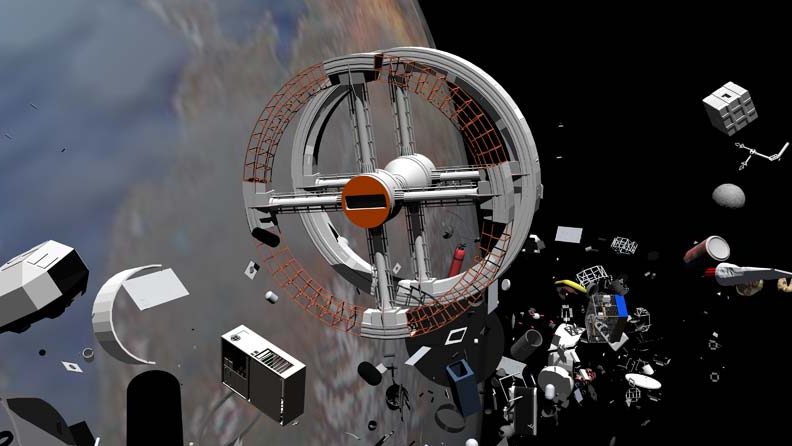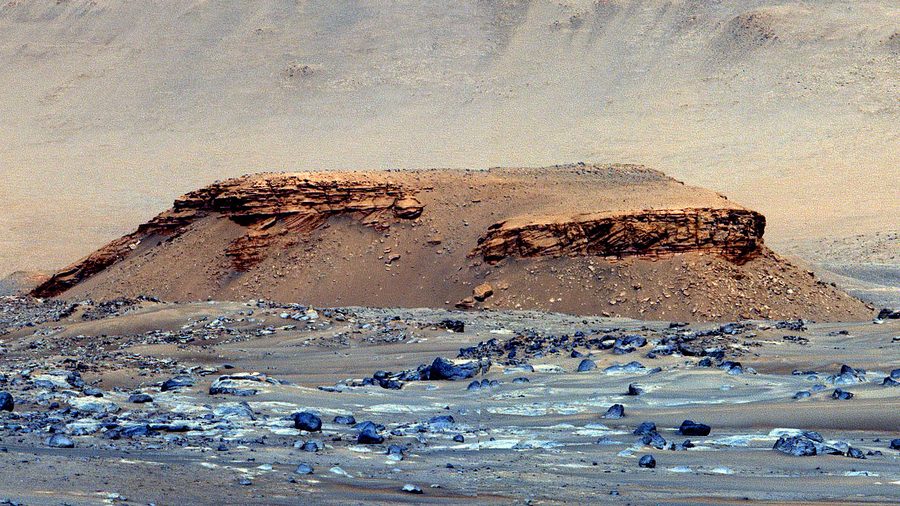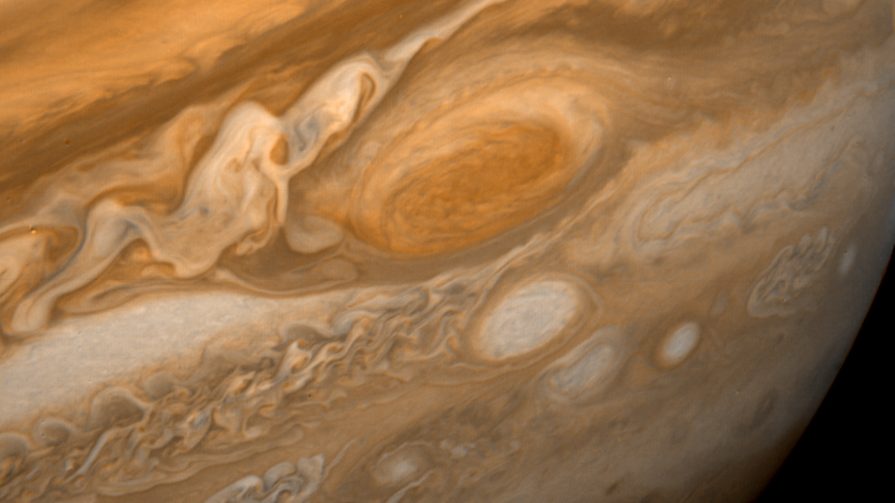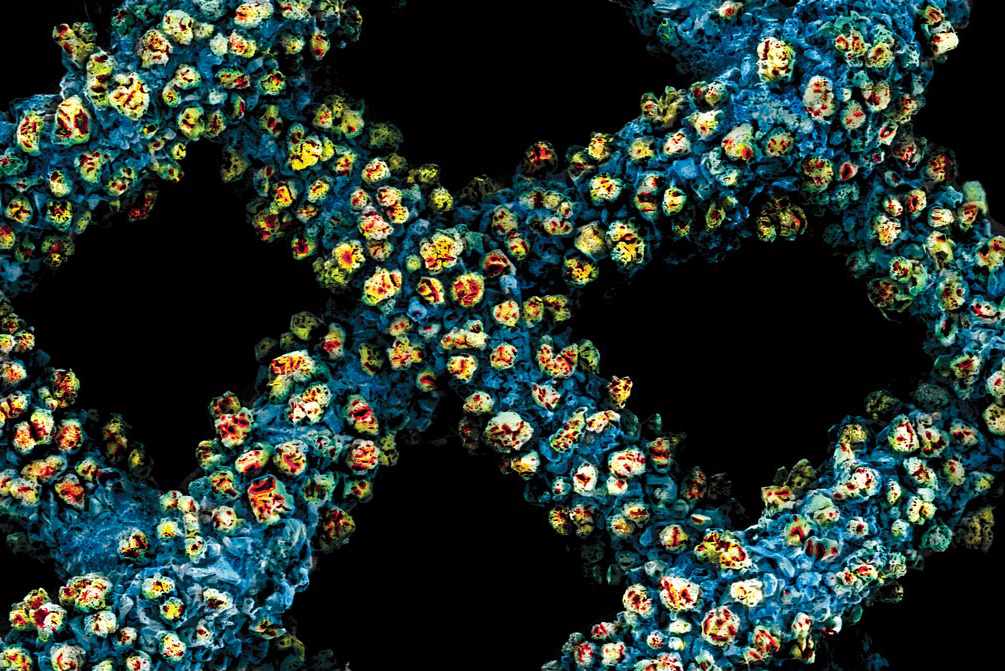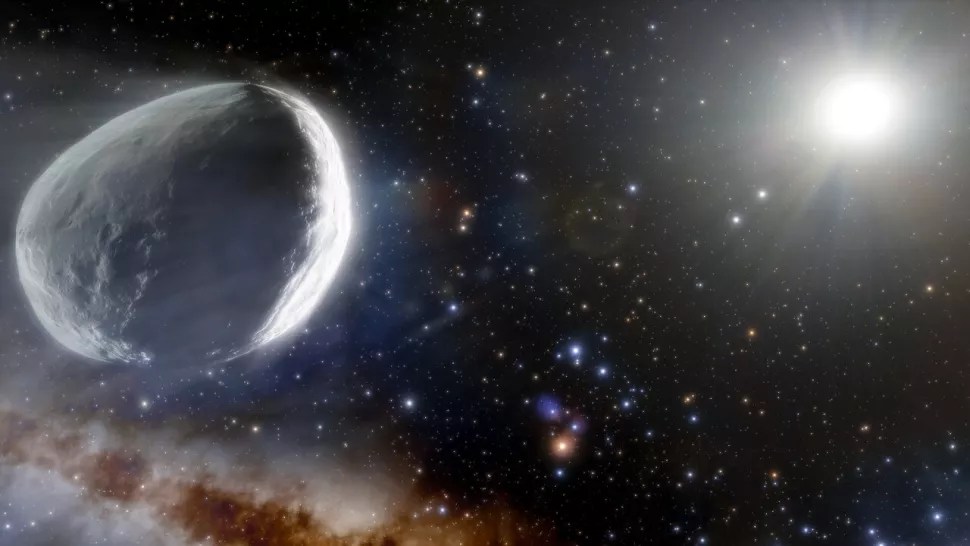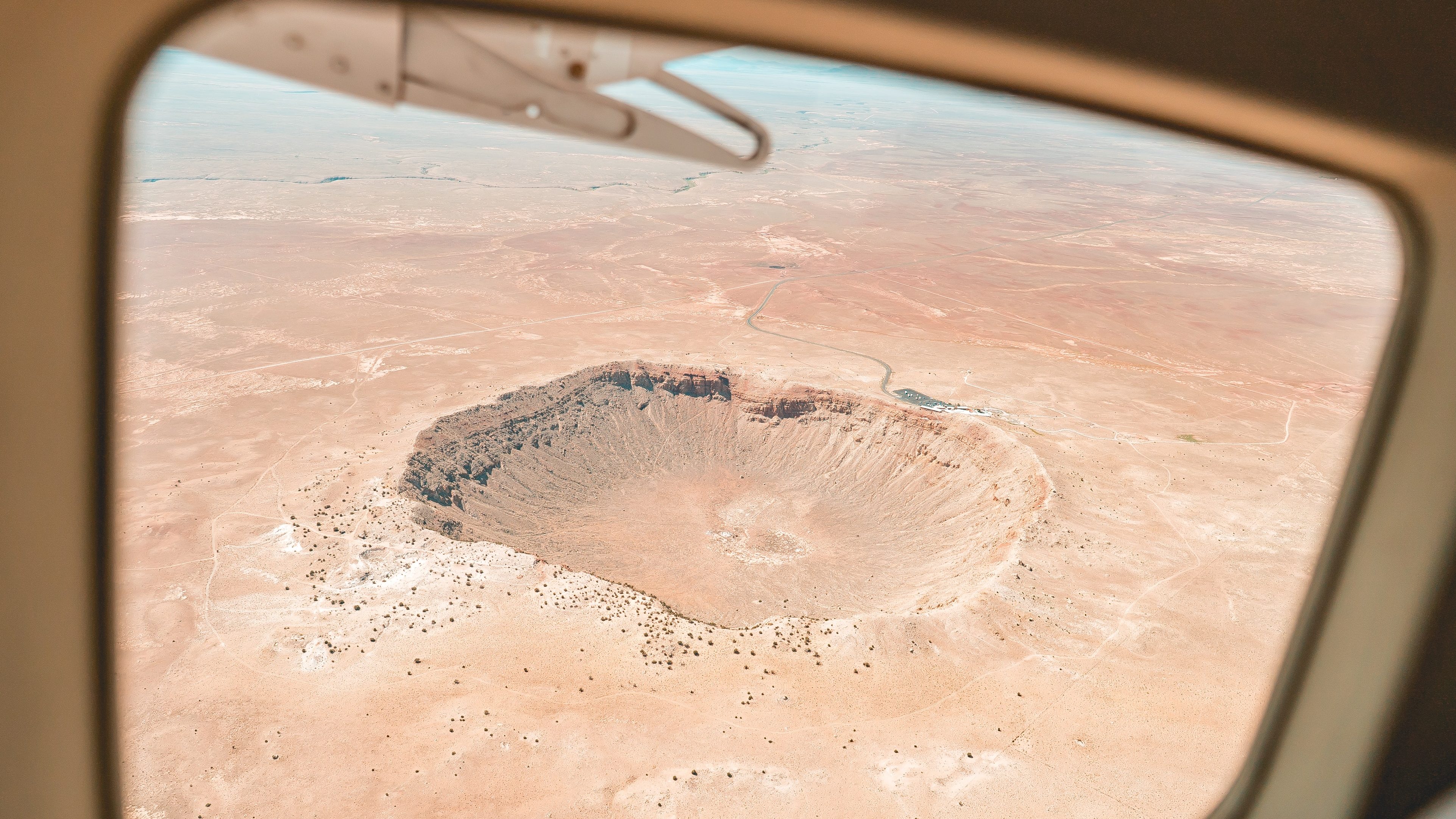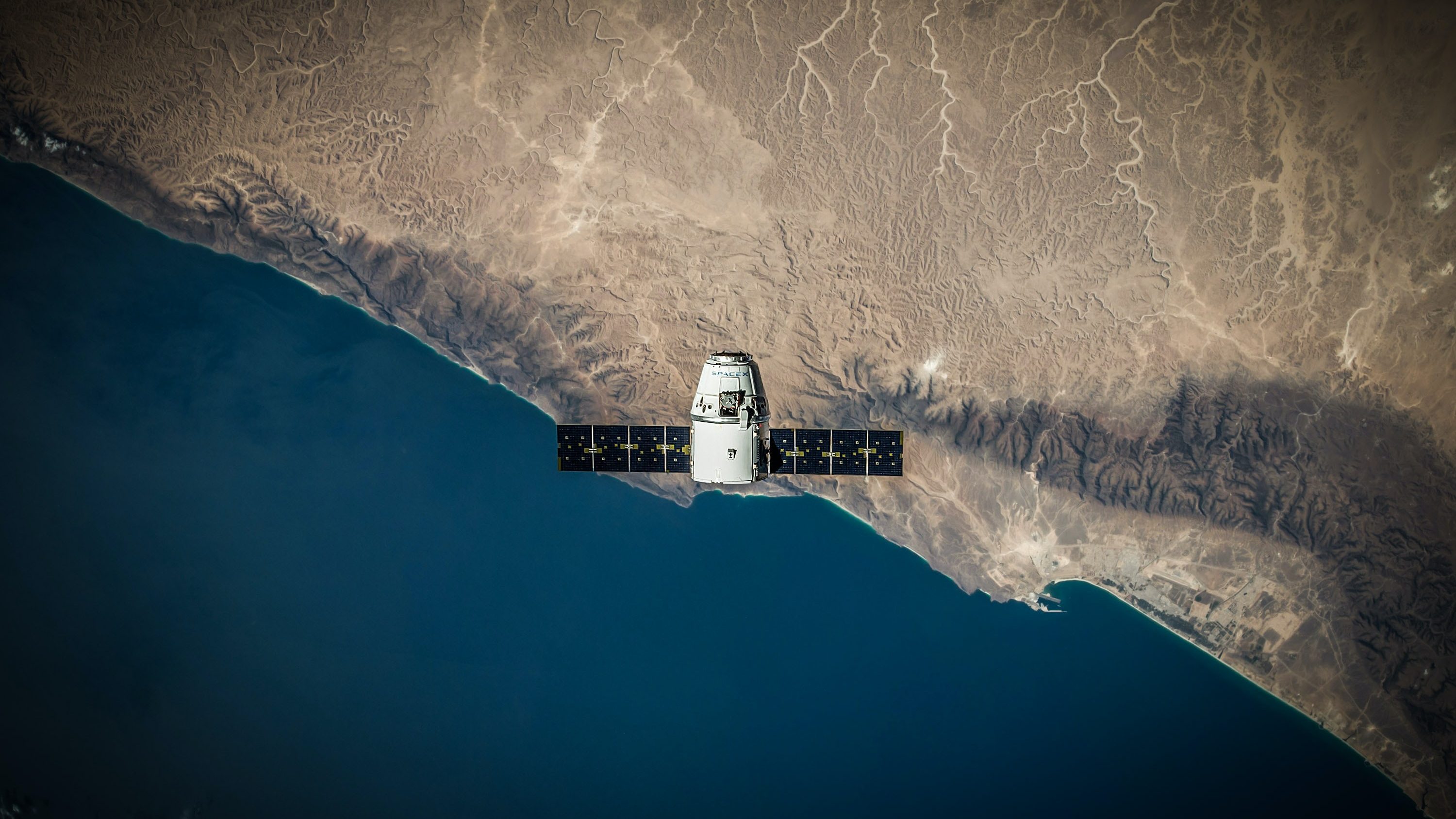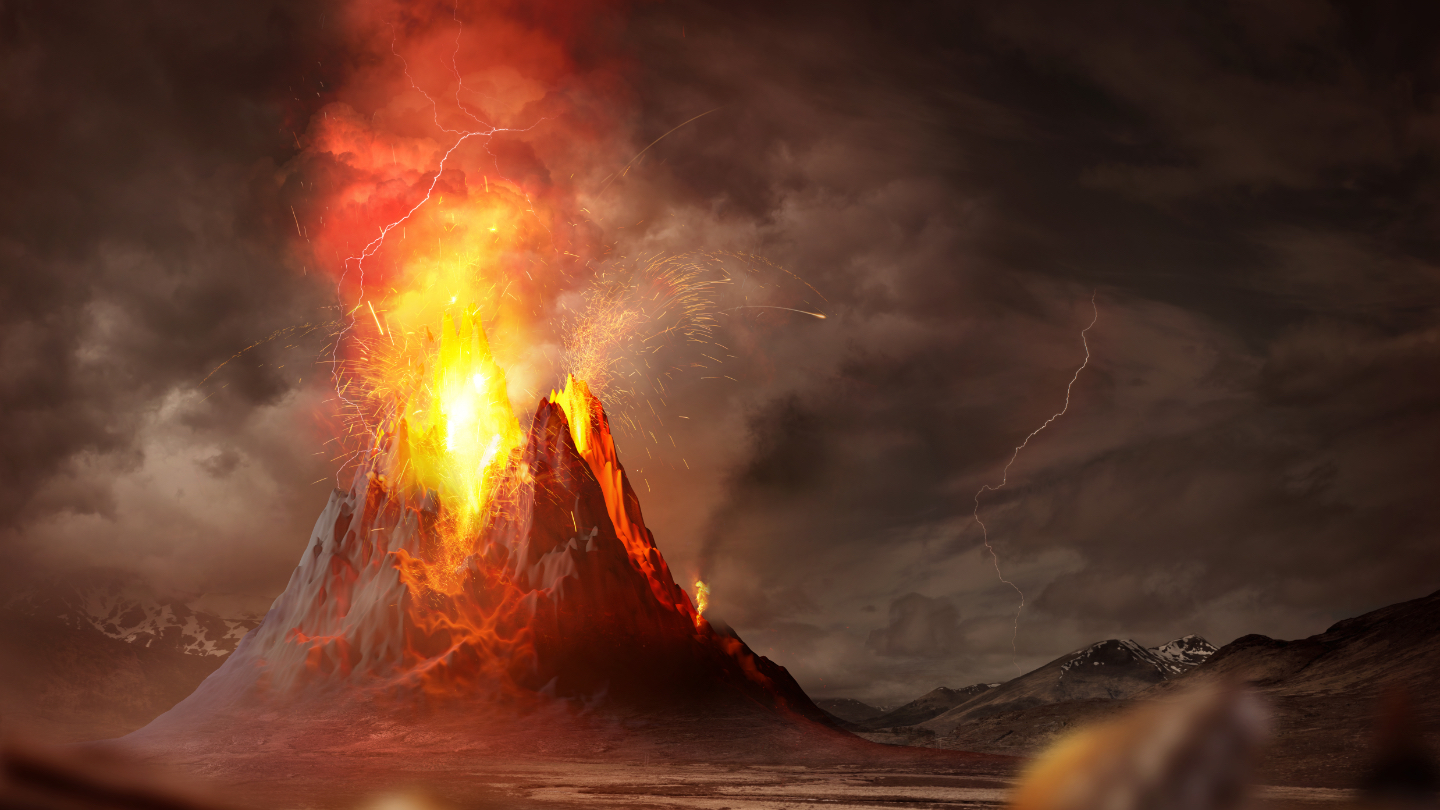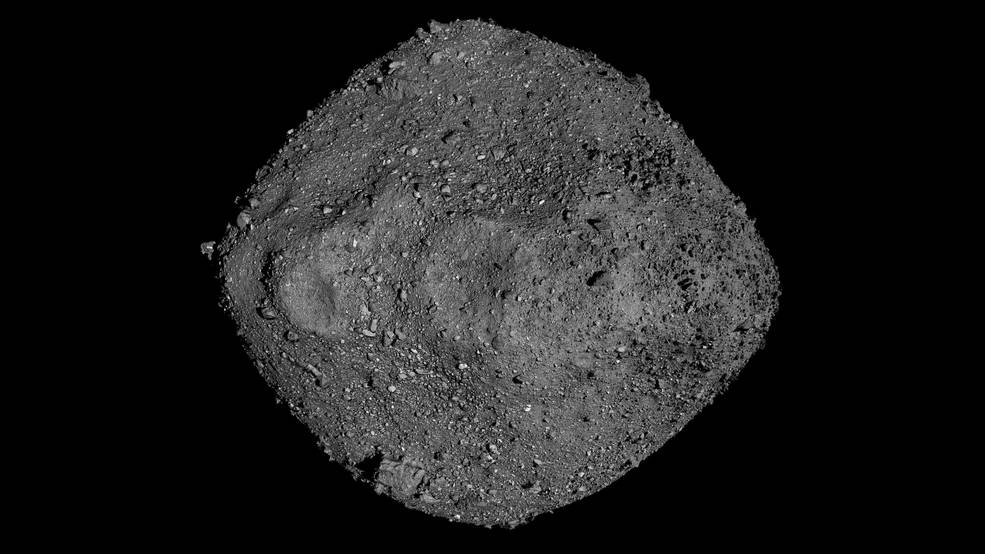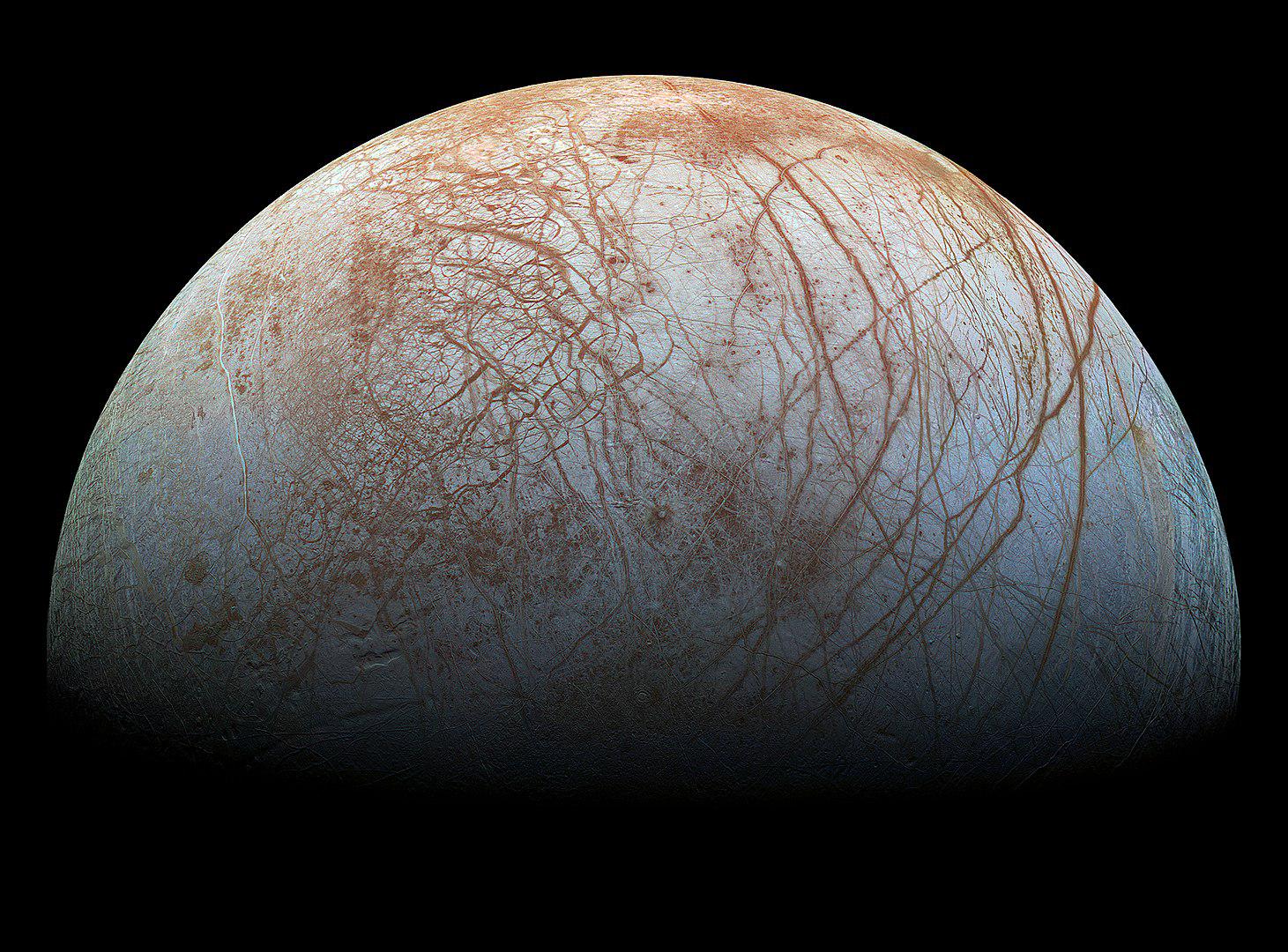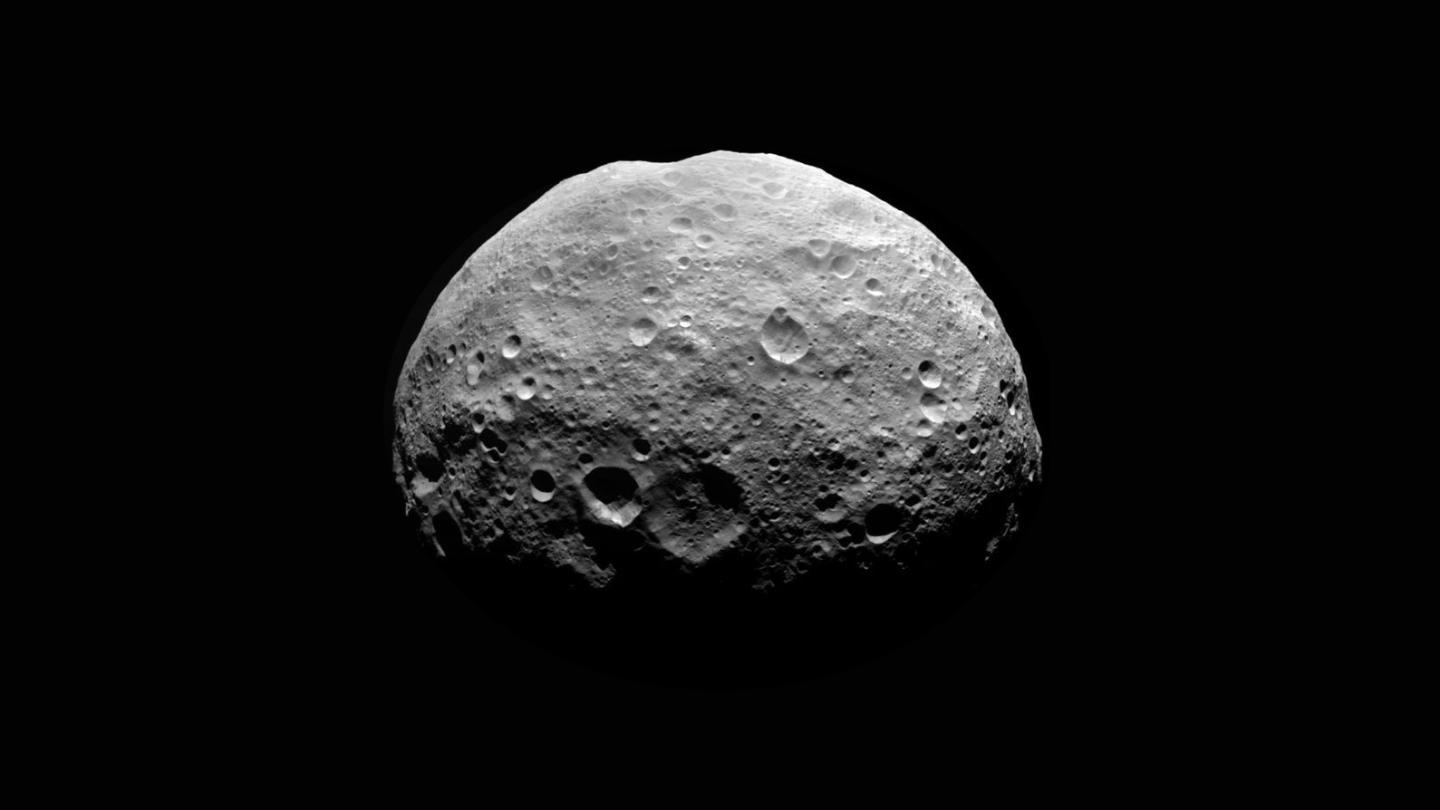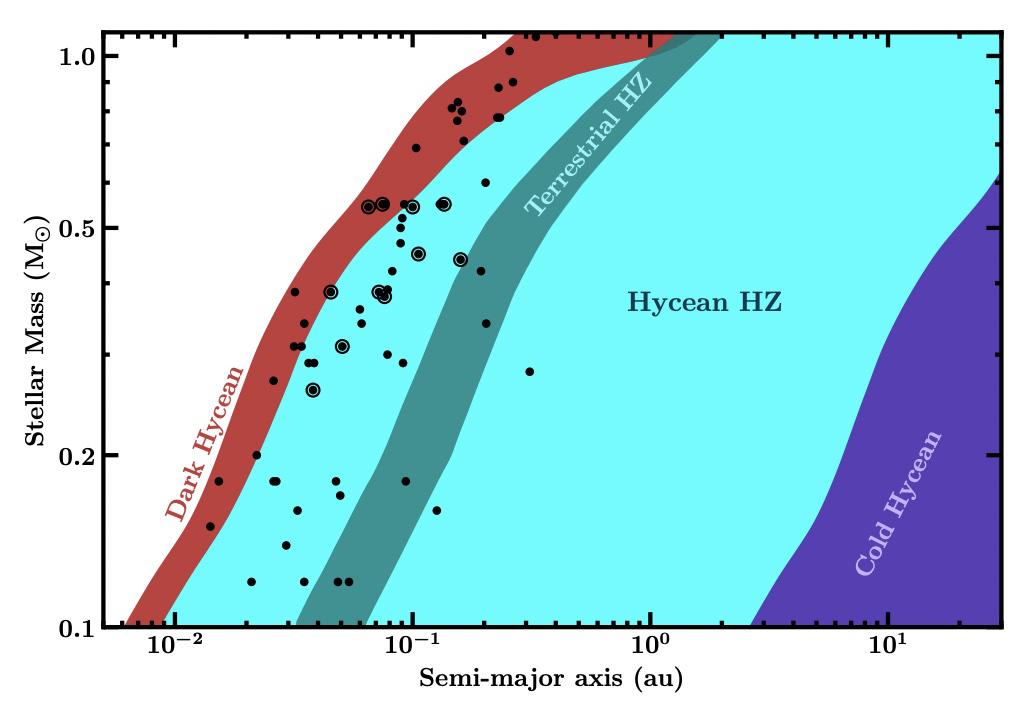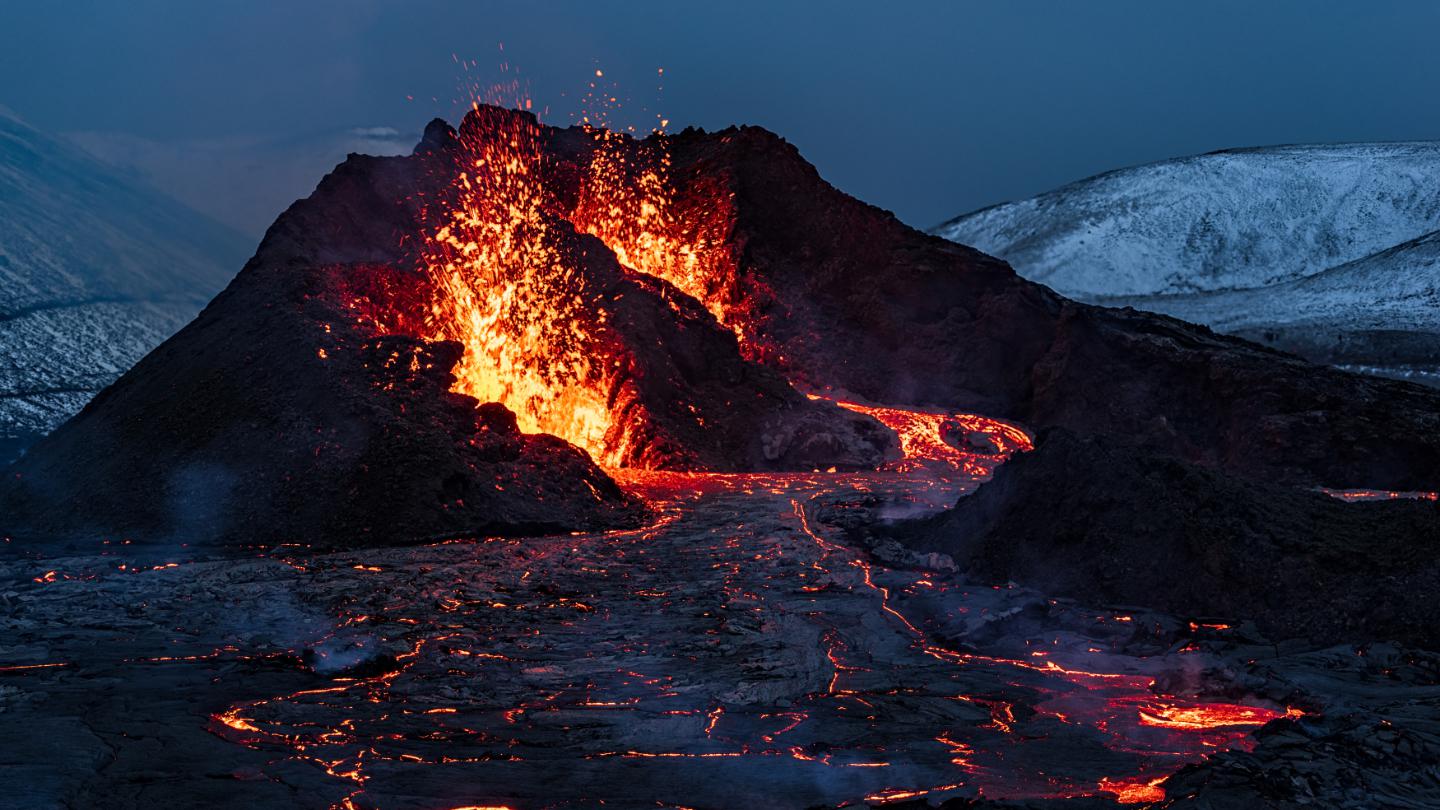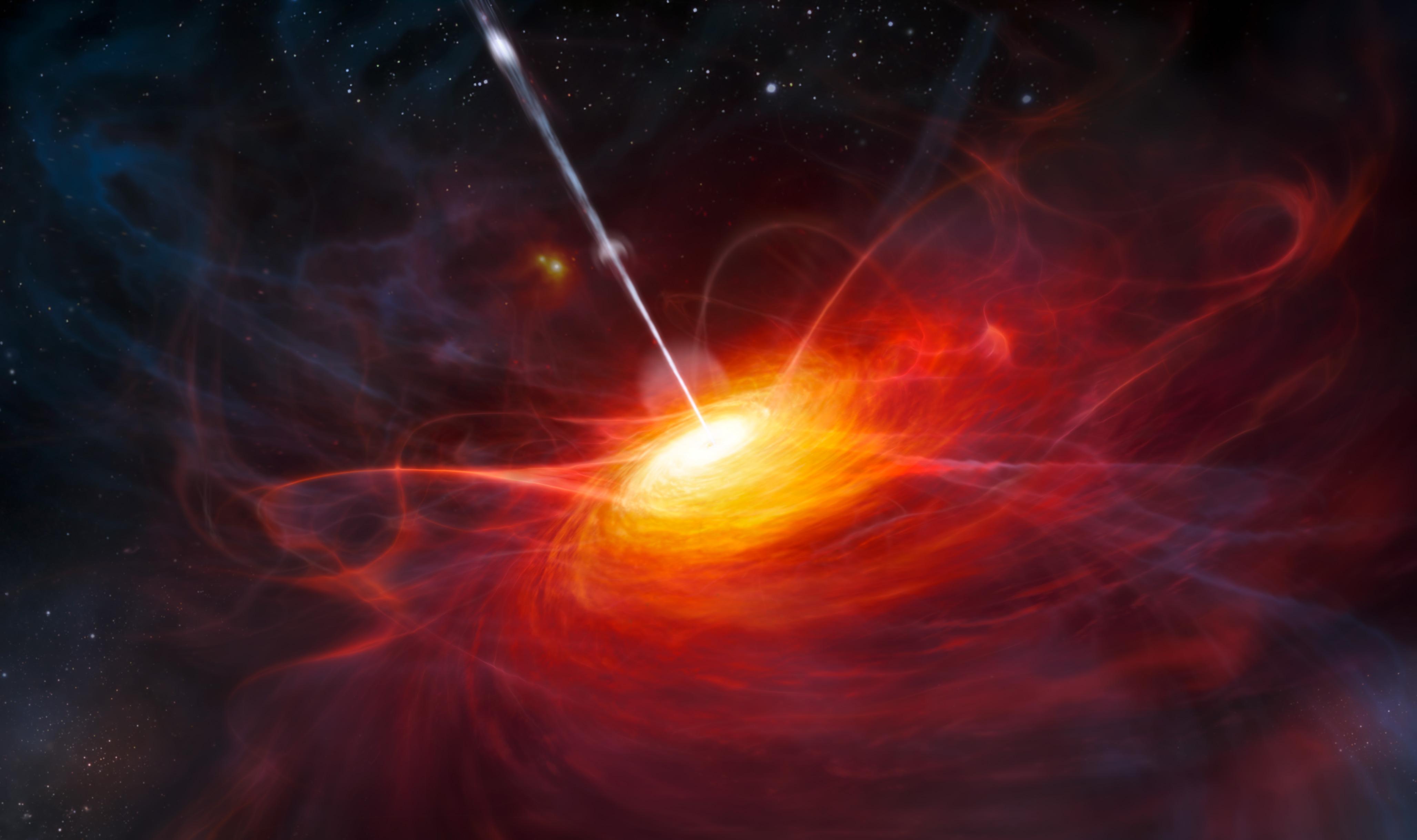Hard Science
All Stories
Until now, researchers believed davemaoite could never be found on Earth’s surface.
A chemist explains the real reason your family dinner is such a risky ordeal.
From hellishly hot planets to water worlds, some distant planets are like nothing in our Solar System.
The Miller-Urey experiment showed that the building blocks of life could form in the primordial soup. But it overlooked one key variable.
On Nov. 15, 2021, U.S. officials announced that they had detected a dangerous new debris field in orbit near Earth. Later in the day, it was confirmed that Russia had […]
“Should they strike, each of them has an energy at impact equal to all of the nuclear weapons on Earth combined.”
Surface deformation or other signs of an impending explosion may not occur. Instead, supervolcanic eruptions can be much more insidious.
The findings include signs of flash flooding that carried huge boulders downstream into the lakebed.
Asymmetric organocatalysis is an environmentally friendly way of accelerating chemical reactions and creating specific types of molecules.
Much like computing technology, the Great Red Spot has been getting smaller and faster over the last few years.
Without Benjamin List and David MacMillan, chemists would still be using metals and enzymes to catalyze chemical reactions.
A new study shows that the Bernardinelli-Bernstein Comet is much larger than previously thought — potentially the largest ever spotted.
David Julius and Ardem Patapoutian were awarded the highest honor in medicine for their research into how human bodies make sense of and respond to the outside world.
The development of the revolutionary gene-engineering tool CRISPR is a tale fit for the big screen.
Why should we rely on scientific conclusions even though they cannot be proven? A new essay offers compelling reasons.
Try this: It’s about 10 times the number of cups of water in all the oceans of Earth.
The unconventional method could help astronomers better track meteorites that fall during the daytime.
Shocked city dwellers who stared at it were blinded instantly, then the entire city caught fire.
With the huge growth in satellites, fears of a crowded sky are coming true.
Research from NASA reveals Mars’ spectacular volcanic past.
The atmosphere’s habitable zone is so small, several mountain ranges extend beyond it.
Asteroid Bennu is still far more likely to fly right by us than to make impact.
Water is vital for life. Luckily for spacefaring humans, the solar system is full of it.
How did the troughs form?
Researchers hypothesize that these exoplanets could support the development of alien life.
Scientists track down a puzzling early burst of oxygen on Earth.
A new model addresses a longstanding problem: where do quasars get the fuel they need to outshine entire galaxies?
A puzzling — and huge — break in the geological record finally might be explained.
We should not romanticize ancient Egyptian culture.
Let’s celebrate the progress, but put the cork back in the champagne bottle.




